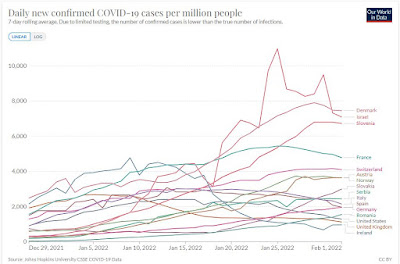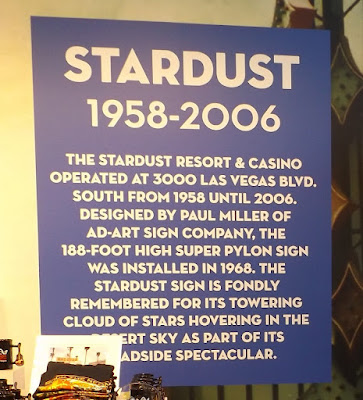
King David Memorial Chapel & Cemetery, 11 a.m., February 1, 2022.
The service was straightforward. The rabbi and another fellow spoke. I recognized the rabbi - same fellow from Chabad Summerlin who presided over Daniel's bar mitzvah in 2008. Ira's wife Marcy spoke too, as did her sister. Marcy emphasized Ira's role as father; her sister told an amusing story about how her sister and Ira ran a kosher household. A slide show was shown (which included Rachel R.'s photo of Ira and myself). Some video was included too - Ira as dad with his little kids playing 'Run Around Daddy,' plus an intriguing drone video circling around Ira and someone else in the desert. There was a little snippet of Ira making a last statement before his passing, but given the background music, he was too soft-spoken to be clearly understood. Ira looked bedraggled and utterly exhausted.
At the end of the service, the funeral home representative and MC made a suggestion for pallbearer volunteers. I stood up and joined the group. We didn't have to carry the casket - it rolled on a carriage with wheels. Our job was to escort the coffin on a slightly-irregular sidewalk to near the grave, then maneuver the carriage through the grass to graveside, where we would push the casket onto the device that would actually lower the coffin into the grave.
It looked like a nice coffin - pine wood, with a wooden Star of David applique on it. It was strange to be standing right next to Ira, but be unable to talk to him.
On the way to the grave, a gust of wind blew my yarmulke off. Someone was able fetch it and return it to me. Others were suffering the same problem in the wind. After awhile, I noticed one fellow was using his mask's rubber bands to hold the yarmulke on his head. I contrived to do the same.
The graveside service was sad and very moving. I had a chance to exchange brief words with Marcy. She said, "I thought you were in the hospital." I said, "I was, but I preferred to be here instead."
The rabbi sprinkled dirt from the Mount of Olives in Jerusalem over the coffin, then invited everyone to put several shovelfuls of dirt over the coffin. The shovels were not to be handed directly to others, but placed into the dirt pile first, apparently to avoid bad luck. The dirt was a solid reminder that this was real, and permanent.
The rabbi explained that Ira's soul was in a place of discomfort or torment until the grave was completed. This was one of the most important of mitzvahs. We could ease Ira's torment by doing something he couldn't do, or thank us for doing.
Afterwards, there was a small reception at the funeral home. It was somewhat hard to get to the food (lox and bagels; a kind of cinnamon cake, etc.), given the closeness of the space, the tables, the standing people, etc. I talked briefly with Ira's brother Sam, his wife Verity, and Ira's mother. I talked only briefly with Daniel and not at all with daughters Beth and Rachel. It was nice to see Ira's granddaughter, Beth's daughter, born only last September, but soon enough to meet Ira before he passed on.

I didn't take any pictures of the service, but afterwards, at graveside, I was intrigued by the placement of this big concrete block (not a vault exactly, but something else?) on top of the coffin. A big front-end loader crept amongst the graves and tombstones to reach out and carefully lower the concrete thing into the grave

Ira's grave. Fortunately Ira's grave is pretty easy to find, and so I'm likely to come here again in the years to come.

A few last moments with Ira.
It's hard to conceive of Ira as actually being dead. It seems wasteful and incorrect to put Ira into a box and place the box into a hole in the ground. Instead, we should go get some pizza and see a movie together, or something. But that is the nature of life. And if the Grim Reaper has come for Ira, I can't be too far from that fate myself.


























































































